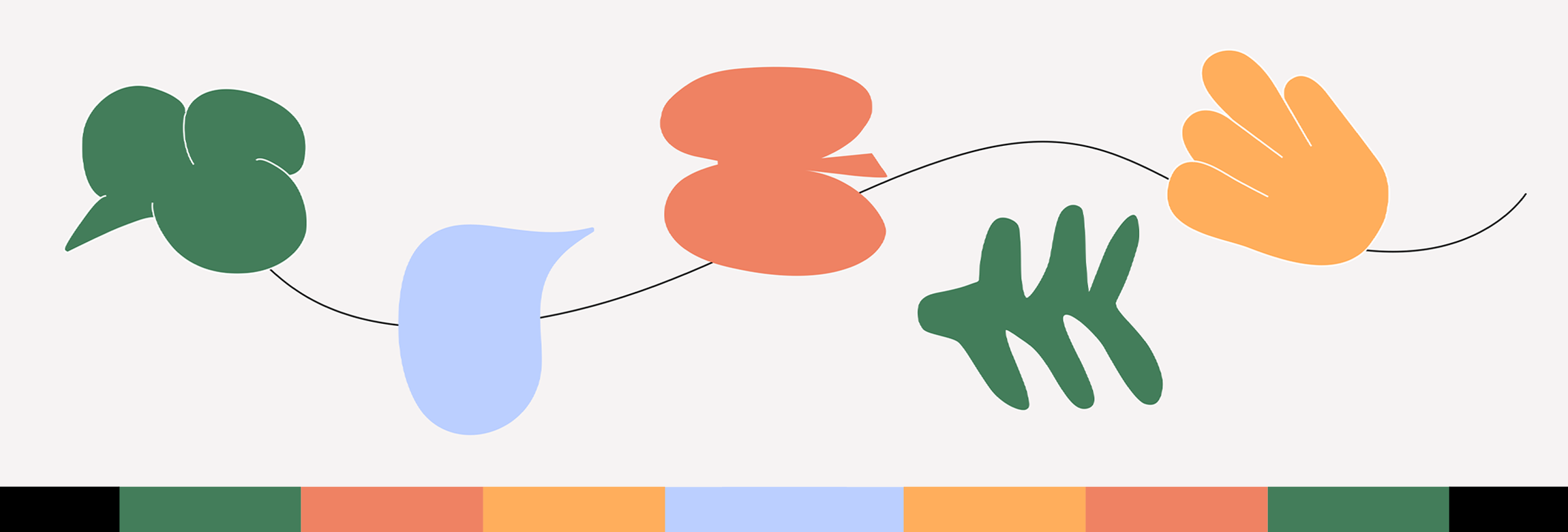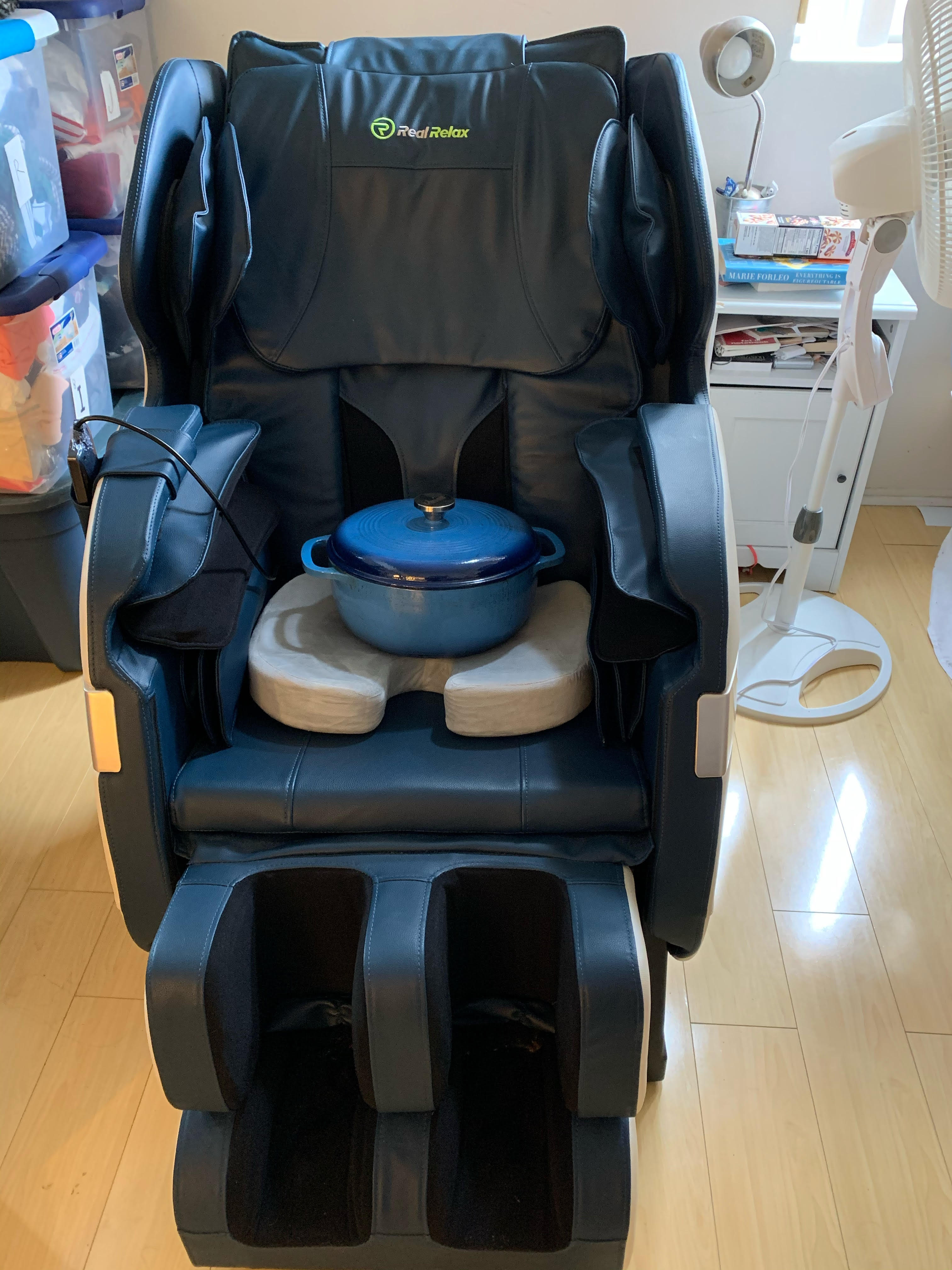Provocations
A few weeks before the Centers for Disease Control and Prevention released its first mask-wearing recommendation to prevent the spread of Covid-19, Kristina Wong had already gotten to work sewing dozens of masks and giving them away. A performance artist and comedian whose 2020 national tour was canceled due to the pandemic, Wong realized almost immediately that the skill she used to sew her sets and costumes was now essential, and could be put to good use for public health. After enlisting a friend to help, more volunteers quickly assembled and the innovative crisis response efforts known as the Auntie Sewing Squad was formed. In under a year, the Squad had donated over 250,000 masks to frontline workers and vulnerable communities, all through a geographically dispersed, volunteer labor force.
As the pandemic (and mask-wearing) stretches on, the equity questions raised in the work of the Auntie Sewing Squad continue to ring loudly. Wong’s work raises at least three important threads that give direction for further research on operationalizing belonging.
1.
Dignity in labor is a public health strategy
The concept of toxic stress helps public health researchers understand how social inequalities contribute to health disparities. Toxic stress is the presence of constant and uncontrollable stressors, such as persistent discrimination, unstable housing, or the threat of violence. This leads to heightened cortisol levels which contribute to a variety of serious health conditions.
Public health researchers have conceptualized "control of destiny" — the ability for one to have agency over factors that affect their lives and future — as a key component in mitigating toxic stress. At a group level, this relates to the protective health factor of collective efficacy — a belief in your communities’ abilities to make change.
Amidst the pandemic, the work of the Auntie Sewing Squad exists at the nexus of these two public health factors. These are evidenced in a variety of practices that are rooted in the collective’s insistence on dignity in labor. These include:
- internal care systems for the Aunties
- clear principles on who they decide to make masks for
- a vibrant social network
- making visible those performing the labor
- clearly defined roles based on skills and interests
Through these tenets, Aunties are connected to a communal purpose during a time of severe isolation. They are also in control of their labor. The impact of their work and their ability to directly aid those most impacted by the pandemic, reinforces a sense of collective efficacy. As Aunties have shared, their participation has been a lifeline during the pandemic. With labor battles related to minimum wage, unionization and contractor status across the country, a closer look at the Auntie Sewing Squad can provide additional understanding of what dignified workplaces might look like and their essential role in promoting public health for workers.
2.
Prioritize care work for advancing gender equity
Aunties in the Sewing Squad wear the name as a badge of pride and intimate connection. But it also ushers in an important question: why are so many people relying on unpaid Aunties to do the life-saving work of sewing and distributing hundreds of thousands of masks? As Wong joked, you call someone a hero when you don’t plan to compensate them.
In many ways, the question isn’t new. Feminists have long used creative strategies (as well as many other strategies) to challenge the erasure of essential reproductive labor — traditionally gendered labor roles that relate to caretaking and domestic work. In the 1960s, the US-based Mothers for Welfare challenged questions of what was and wasn’t labor. The group was known to make statements like, “If the government doesn’t think that housework is work because the children are our own, then we’ll swap children!” In the 1970s an international group of feminists launched Wages for Housework to advocate for direct payment for work at home as the unpaid factory floor (and to spark a broader anti-capitalist movement) through organizing at laundromats, grocery stores, and the branding of “shop” gear like pot-holders. The Auntie Sewing Squad builds on this legacy through their gendered framing of unpaid care work during the pandemic (the Auntie Sewing Squad is explicitly open to people of all genders and the majority are women-identified).
The pandemic has powerfully exposed the gender inequity in unpaid care work, and yet policy and economic responses remain slow to respond or acknowledge the central role of care work in society (women also make up 70.4 percent of the paid global healthcare workforce). Official statistics in the US on unemployment discount and hide the unpaid care workforce even further, even as these statistics reveal racial and gender disparities in the paid workforce.
The Auntie Sewing Squad powerfully brings this labor into the light, prompting questions on gendered labor and other forms of care work that are less visible during the pandemic. In the context of a hypothetical federal job guarantee, the Auntie Sewing Squad demonstrates the ground-up job creation model advocated for by economist Pavlina Tcherneva and the ways that people will organize to fill essential gaps in times of crises. What types of care, connection and health would have multiplied during the pandemic if invisibilized forms of care labor were seen, celebrated and compensated?
3.
Grassroots and networked crisis response can be quicker and more equitable
In our interview, Wong half-jokes that FEMA should be abolished and replaced with the Auntie Sewing Squad. The comment is provoked by Wong’s reflection on the failure of the government to respond to people’s needs during Covid, in comparison with the nimble and quick response of the Squad. As the work of the group expanded, Wong also realized that their real impact was in directly targeting and supporting those most excluded by public and private systems, like the children of farmworkers, tribal nations, and undocumented immigrants. In one story, Wong shares how they got masks to people in rural locations who didn’t have mailing addresses.
Similar dynamics led to an inequitable distribution of vaccines, and in general the inequitable distribution of resources in response to crises. The geographically decentralized, but locally rooted actors in the Squad network provide for rapid on-the-ground communication and response. An internal set of principles creates an equity analysis for where they apply their labor and focus. The emergence of roles in response to developing problems allows for the rapid tackling of logistical problems such as shortages of elastic.
For better shaping equity in crisis response, it could benefit larger actors to understand how direct aid efforts like the one undertaken by the Aunties are able to rapidly mobilize and support those most in need.


